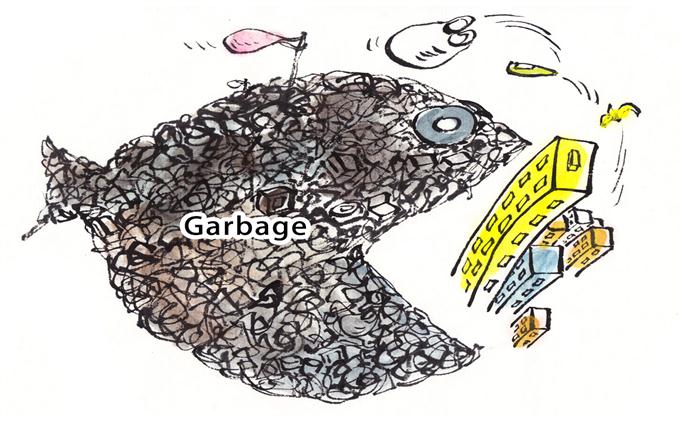Dealing with juvenile delinquents
The recent detention of 17-year-old Li Tianyi, son of famous singer Li Shuangjiang, along with four other youths for suspected gang rape has topped national and local news in recent days. It's not surprising to see that most of the people are more interested in the wrongdoings of the boy and his parents than in the root causes of juvenile crime and how to prevent juvenile delinquents from committing more offences.
A key issue that emerges from the incident and the following developments is why was Li Tianyi not put through a correctional juvenile facility after he (and another youth) was arrested for beating up a couple about two years ago.
The penitentiary system where a juvenile can be detained for years is not the most suitable place for young offenders to go through a correctional mechanism and be reintegrated into society. In such places, juveniles rarely get the right support to change their thoughts and behavior, and thus find themselves labeled offenders, making them more hostile to society.
The question is: Apart from the penitentiary system, what other "tools" do we have to effectively handle juvenile delinquents and reduce altogether their chances of committing another grave offence? Detaining juveniles in penitentiaries or setting them free without follow-up supervision could be equally dangerous. Police experience shows that many juvenile delinquents turn into real criminals after one of the two options mentioned above is applied to them.
Justice department officials and non-governmental organizations have introduced a system with far better correctional benefits in cities such as Kunming, Yunnan province, Beijing and Shanghai. They are also working together to form an inter-departmental mechanism and where possible (in the best interests of both the juvenile and society) look to divert a juvenile delinquent from the judicial system toward other types of correctional mechanisms.
The so-called judicial diversion is an option between incarceration and letting a young offender off without follow-up action. In many cases, it has proved to be a better form of correctional mechanism.
The first step is to conduct a social background check into a young suspect (to be done by a qualified adult) and provide the judicial department with relevant information about the juvenile and his/her parents or guardians. This will facilitate the diversion from the criminal or custodial justice system. The second step is to set up a community-based follow-up mechanism that engages parents, schoolteachers, social workers and other people in the rehabilitation process.
In the pilot project in Panlong district of Kunming, this practice proved effective and helped many juvenile offenders reintegrate into society.
Excessive anger toward a celebrity's son who has committed an offence will make us lose sight of the real issue, that is, the development of an equitable system that would reduce the rate of second offence by juveniles significantly.
As a grassroots person working in this area for years, I think that more solution-oriented discussions and participation of the public will help further improve the judicial protection of juvenile delinquents.
JIANG Min, youth justice project coordinator for Save the Children China Program, via e-mail
(China Daily 03/05/2013 page10)




















